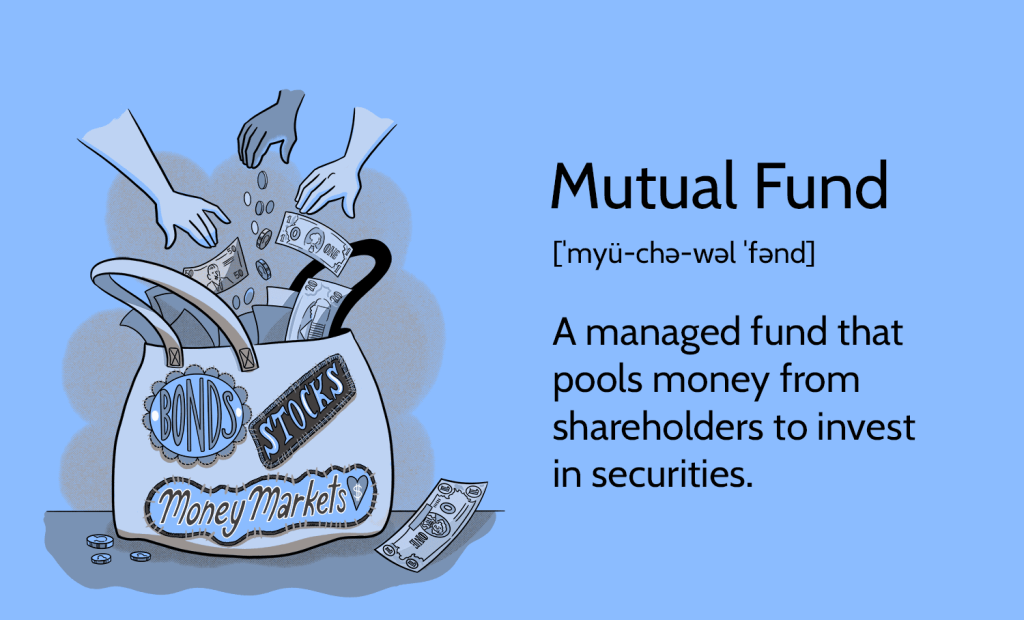When it comes to investing, there are two common types of investments: closed-end and open-end investments. Here’s an overview of the differences between the two:
Closed-End Investments:
- In a closed-end investment, such as a mutual fund, the fund manager raises a fixed amount of capital from investors and invests it in a portfolio of securities.
- Closed-end funds are then closed to new investors, meaning only those who invested at the beginning can continue to invest in the fund.
- These funds are traded on stock exchanges, and their share prices can trade at a premium or discount to their net asset value (NAV).
- Closed-end funds often have high initial fees and ongoing expenses.
- They offer potential benefits such as diversification, professional management, and the ability to invest in illiquid securities.
Open-End Investments:
- Open-end investments, such as mutual funds, hedge funds, and ETFs, do not have a fixed amount of capital.
- Investors can buy and sell shares of the investment freely at the fund’s net asset value (NAV), which is calculated at the end of each trading day.
- There is no limit to the number of shares an open-end fund can issue, and new shares are created as investors buy in.
- Open-end funds provide liquidity, as investors can enter or exit the fund on any business day.
- Prices for open-end funds are determined by their NAV, which reflects the fund’s performance.

Which is better? The choice between closed-end and open-end investments depends on your goals and objectives as an investor.
- Closed-end investments tend to be more stable and may offer diversification benefits, but they may have limited upside potential.
- Open-end investments can be more volatile, but they offer investors the opportunity to participate in the upside potential of the investment and provide daily liquidity.
It’s important to research and understand the specific characteristics, fees, performance history, and investment strategies of both closed-end and open-end funds before making an investment decision. Consider consulting with a financial advisor who can provide personalized advice based on your individual circumstances and goals.
